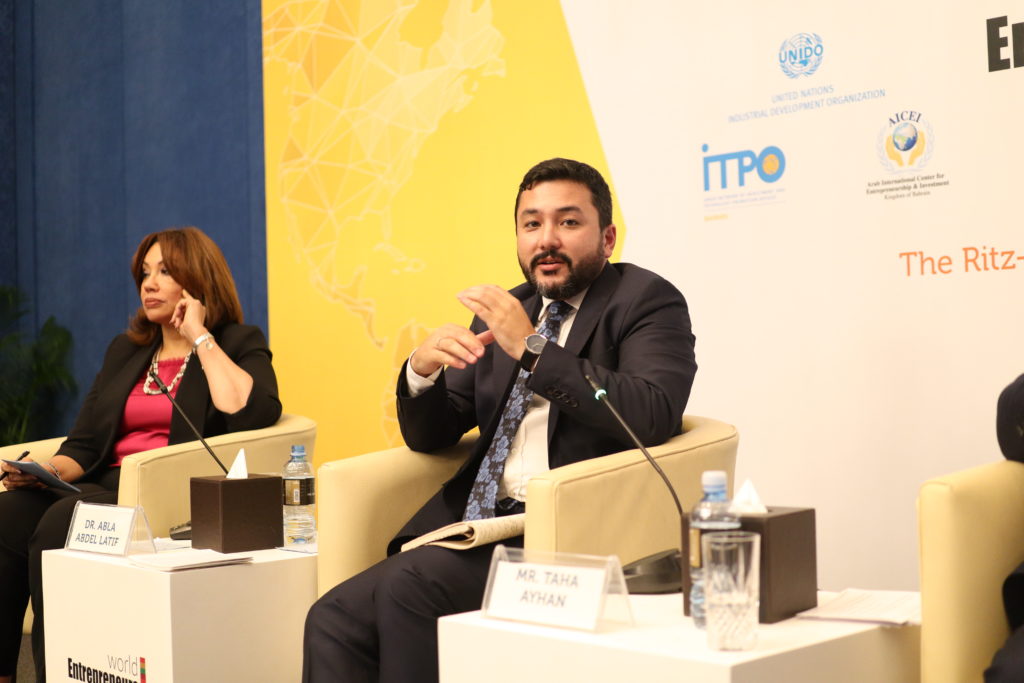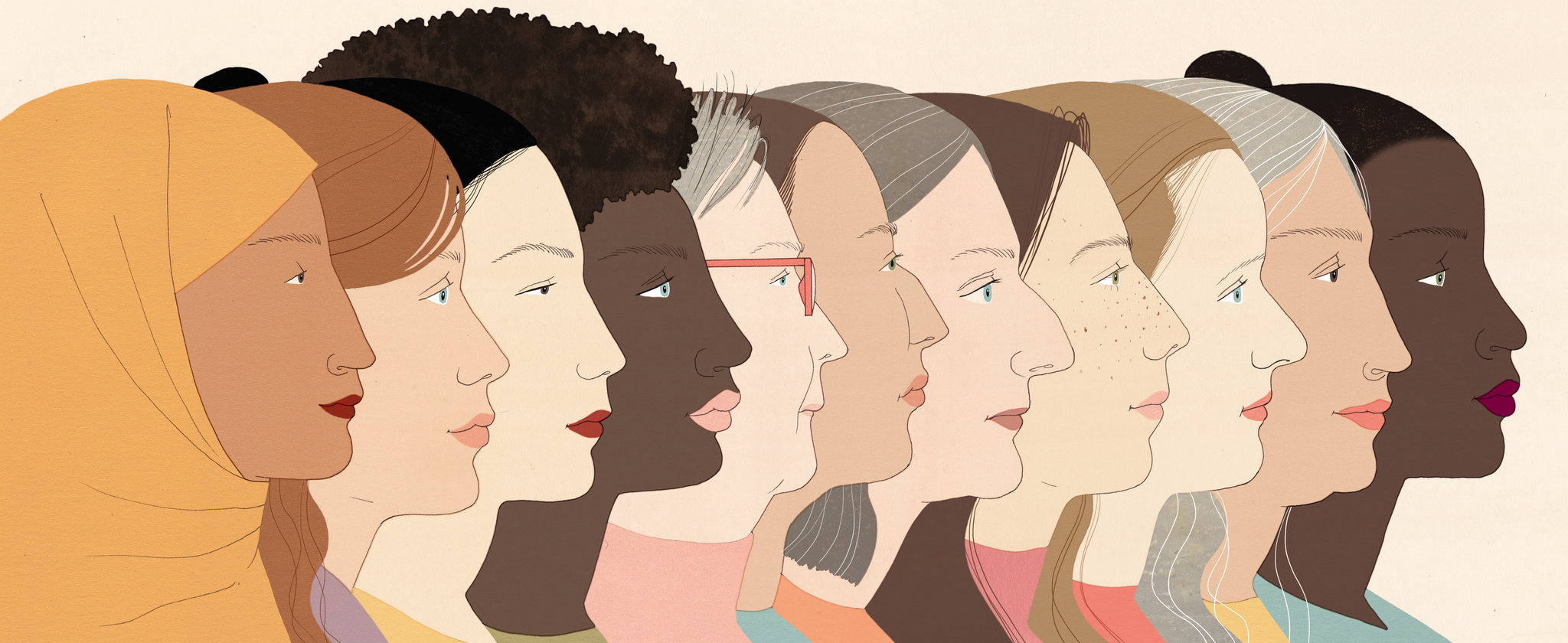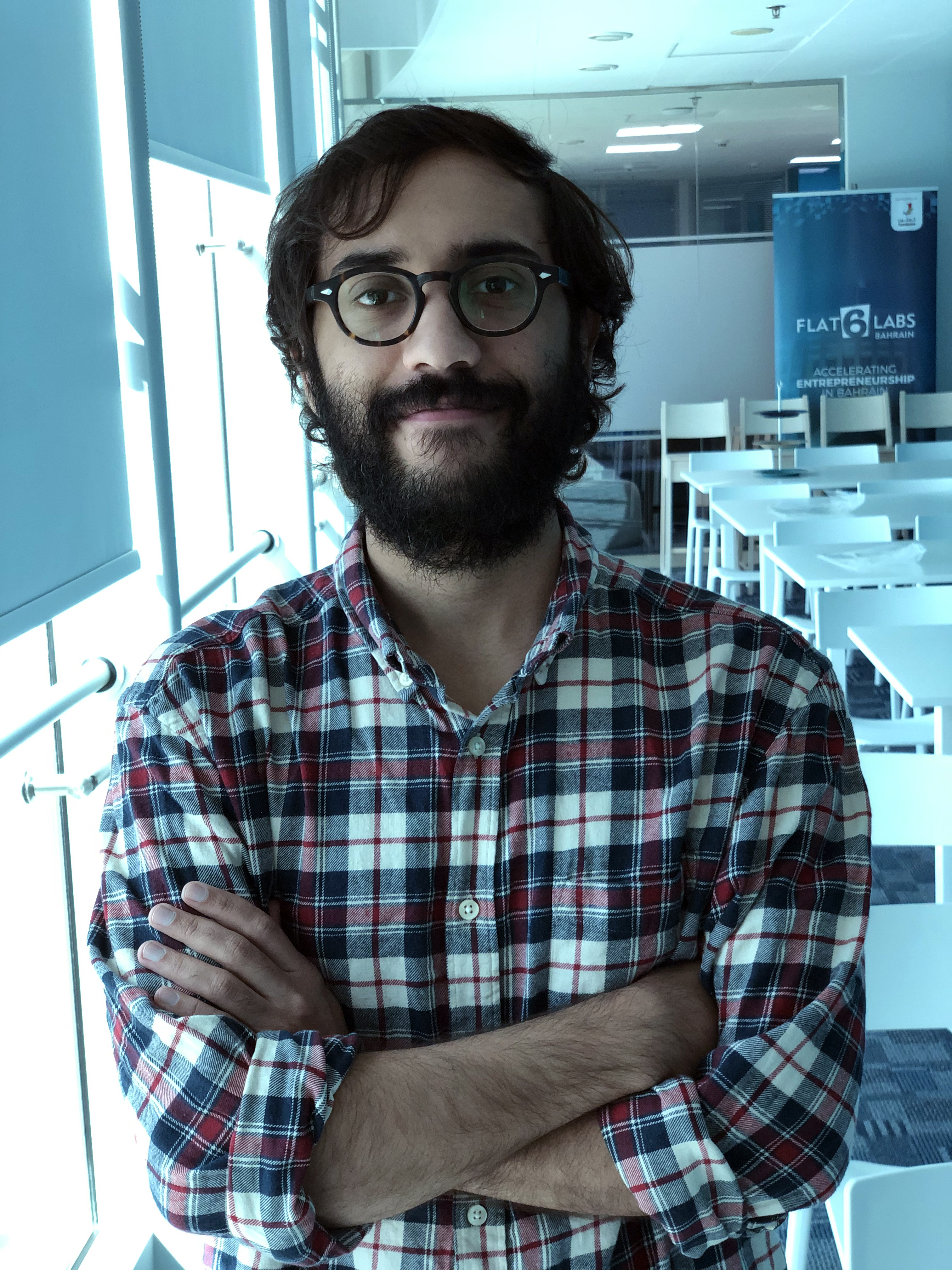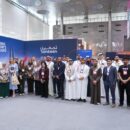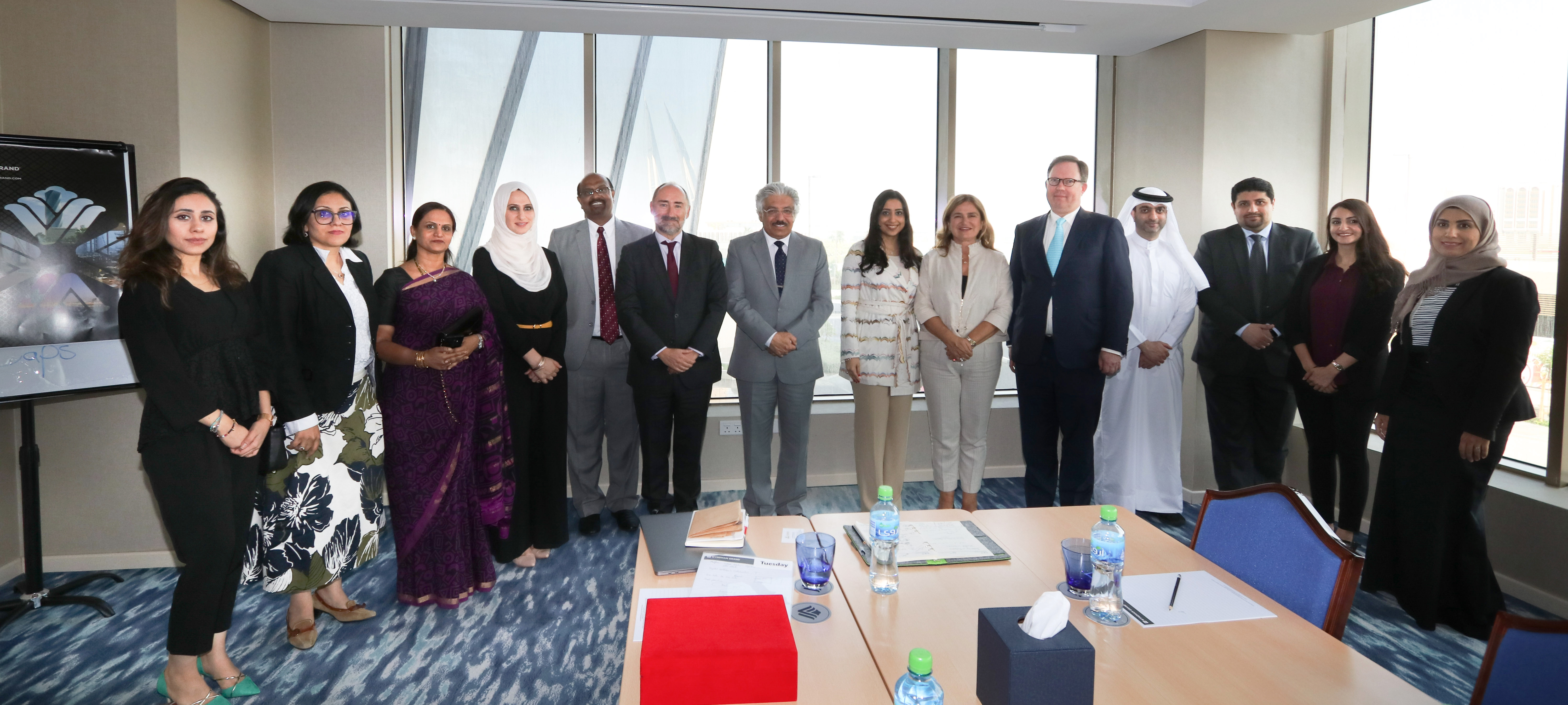Interview with H.E. Mr. Taha Ayhan-President, Islamic Cooperation Youth Forum (ICYF)
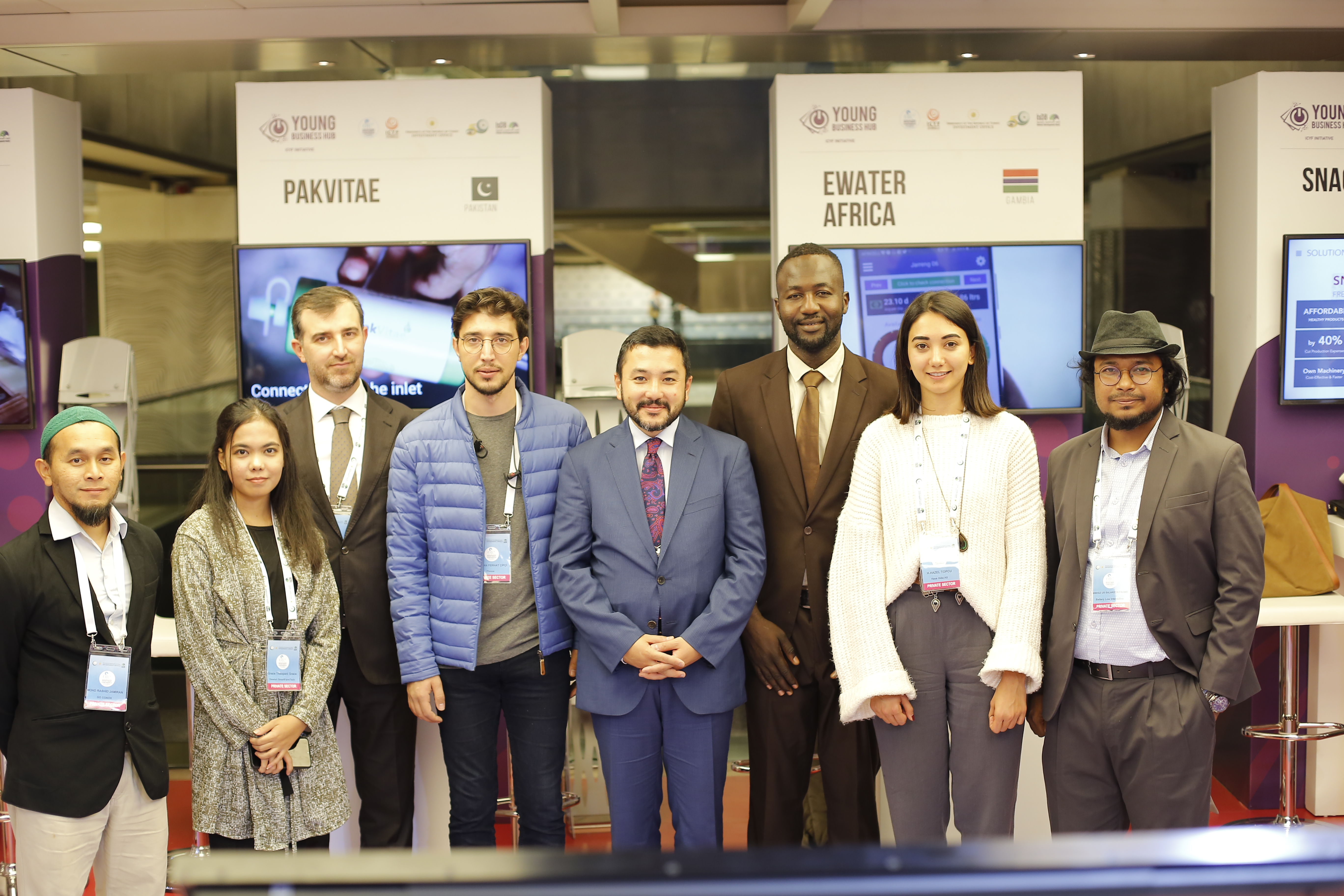
H. E. Mr. Taha Ayhan is the third President of the Islamic Conference Youth Forum (ICYF). He has been a Member of the Discipline Committee in the Justice and Development Party since 2017 and is Deputy Chairman of the World Ethnosport Confederation. In 2009, Mr. Ayhan established his own firm, Ayhan Law Office, where he still practices as an attorney; he is also the Founding President of the Liberty and Justice Association.
 Please tell us more about the ICYF and what your role as its President entails?
Please tell us more about the ICYF and what your role as its President entails?
The Islamic Cooperation Youth Forum (ICYF) is an international non-commercial, non-partisan organization uniting leading umbrella youth organizations from the Member-States of the Organization of Islamic-Cooperation (OIC) and International youth organizations. The Forum operates in the OIC region with youth organizations representing significant Muslim minorities worldwide. ICYF was established at its Founding General Assembly held on the third of December 2004 in accordance with the resolution adopted by the 31st Session of the Islamic Conference of Foreign Ministers conducted in 2004 in Istanbul. ICYF was granted the status of an affiliated institution to the OIC on its 3rd General Assembly. I was elected as President of the ICYF with the consensus of 56 member organizations for a four-year term. ICYF is committed to promoting the youth organizations of the region and consolidating its activities while enhancing cooperation in the fields of economic and social development.
 Why is it important for the youth to be involved in the national economy, politics, and visioning?
Why is it important for the youth to be involved in the national economy, politics, and visioning?
The OIC member states altogether account for one-fourth of the world’s youth population. By 2050 OIC member states are projected to have more than one-third of this segment. With such a micro democratic structure, that’s a potentially powerful development in the OIC member states. However, the same statistics also create deep concerns and challenges in the quality of education, training, employment, access to health services, personal development, and many others. Unfortunately, many young people today feel excluded and maltreated.
This country needs to create 9.2 million new jobs between 2012 and 2020 in order to ensure additional jobs for every 5-year period by 2025 in order to reach stability. The average employment rate for ICYF members is 85%, while the average employment rate for non-ICYF member states is 93%.
The labor force participation rate among young women is about 24% lower than that of their male counterparts. And that is indicative of serious gender inequalities. The unemployment rate of youth in ICYF member states is unfortunately 16% compared to 12% of the whole world average.
The ICYF needs to respond to these challenges facing the youth especially our young citizens who are actively taking part in global issues and are continuously seeking to take part in decision-making processes. Attracting youth empowerment will not only improve the living conditions of young people but would also reinforce their voice on human rights and dignity, and facilitate progress and socio-economic growth.
ICYF provides a clear path for all youth core issues and problems whether it is related to education, employment, nutrition or entrepreneurship, and is constantly addressing challenges resulting from globalization.
In your experience with the youth, how are they able to envision and help shape the future?
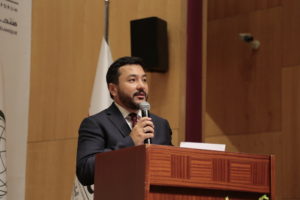 The youth are at the peak of their adult strength. They can hope for the best and envision a better tomorrow; they are a constant force that can turn our dreams and plans into a concrete course of action. Young people are headed for better options and a prosperous future. They are rejecting the status quo and demanding better living standards. There is a critical need to involve young people in decisions that will affect their future.
The youth are at the peak of their adult strength. They can hope for the best and envision a better tomorrow; they are a constant force that can turn our dreams and plans into a concrete course of action. Young people are headed for better options and a prosperous future. They are rejecting the status quo and demanding better living standards. There is a critical need to involve young people in decisions that will affect their future.
We cannot head for development without giving serious attention to the active and meaningful involvement of youth who are our major shareholders in the future. And yet they are not given a major role in our decision-making process. They deserve a strong and more meaningful voice, role and position in their respective communities. In ICYF we give the youth access to both tools and solutions that can create a sustainable change that is powerful. We invite them to practice their creativity and embrace education and push their learning to the next level wholeheartedly whether through our programs and through experimental learning opportunities.
We listen to them and support their generation which will be most affected by these challenges. In the future we envision, young people, creating a world and a future which they have imagined living in, regardless of gender, race or occupation.
What is your vision for ICYF in the next 5 years?
In the next five years, I believe that ICYF will be most effective when focused on empowering youth and resolving their various issues and problems. ICYF looks forward to supporting the youth in the region through different activities that will help build youth capitals that are highly skilled, focused and effective. We are currently making extensive efforts to realize sustainable development goals and endeavors and achieving multiple milestones by aligning our programs with the activities of SDGs (Sustainable Development Goals).
To achieve those goals, we have set some plans to interact or engage with SDGs in various aspects like culture, social awareness, youth empowerment, environment, art, government, and networking. In this context and after five years, we will be able to provide significant access to quality university education to the Muslim youth and contribute to their improved engagement in different fields. We are hoping for significant contributions to education, reduced inequality, protection of women against violence, and harnessing the role of youth in social awareness and community building. We aim to provide equal access to affordable vocational training while eliminating much of the common gender disparities. It is also our goal to make a substantial contribution to reinforcing the role of environment and resources and making significant improvements in zero waste programs.
Attracting youth empowerment will not only improve the living conditions of young people but would also reinforce their voice on human rights and dignity, and facilitate progress and socio-economic growth.
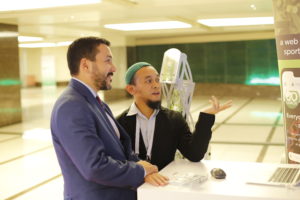 What advice can you give to young entrepreneurs/ startups especially in this market economy?
What advice can you give to young entrepreneurs/ startups especially in this market economy?
ICYF countries need to create 9.2 million new jobs between 2012 to 2020 in order to ensure economic stability and generate additional jobs for every 5-year period by 2025 which will help to maintain stability. Up to now I can assure you that we have failed in this goal. We cannot create millions of jobs, and if we continue what we are doing now, we will not be able to create any of those jobs again.
In this context of addressing unemployment, ICYF has introduced the Young Business Hub, or YBH and established an institutional framework for young entrepreneurs, set to enhance and develop their business skills and support the growth of ICYF economies. It aims to promote youth entrepreneurship and facilitate the sharing of innovative ideas and best practices among young entrepreneurs at the global level.
The YBH platform also offers young entrepreneurs vast opportunities in online and offline training in related fields with potential advantages. We are also developing an extensive platform to help the youth engage in our activities. These platforms will be released soon and we will gather all of the projects, programs and training of the ICYF.
The youth will be able to apply online to these programs and benefit from the training, networks and guidance. We met with Dr. Hashim Hussein from UNIDO Bahrain with the help of the UN Investment and Technology Promotion Office and we had our first investment summit together with the team of Bahrain to talk about our program which aims to engage the youth from all over the world. In Istanbul for the OIC High-Level Investment Summit, we sought the participation of the private and public sectors and brought seven of the most successful startups to our booth where they share their potentials with other entities from these sectors.
This platform will be used in all ICYF projects starting with the application phase and will be in full force till the feedback phase. It will be used in the research hub to better enhance connectivity, interaction, networking as well as social cohesion.
This country needs to create 9.2 million new jobs between 2012 and 2020 in order to ensure additional jobs for every 5-year period by 2025 to reach stability.


